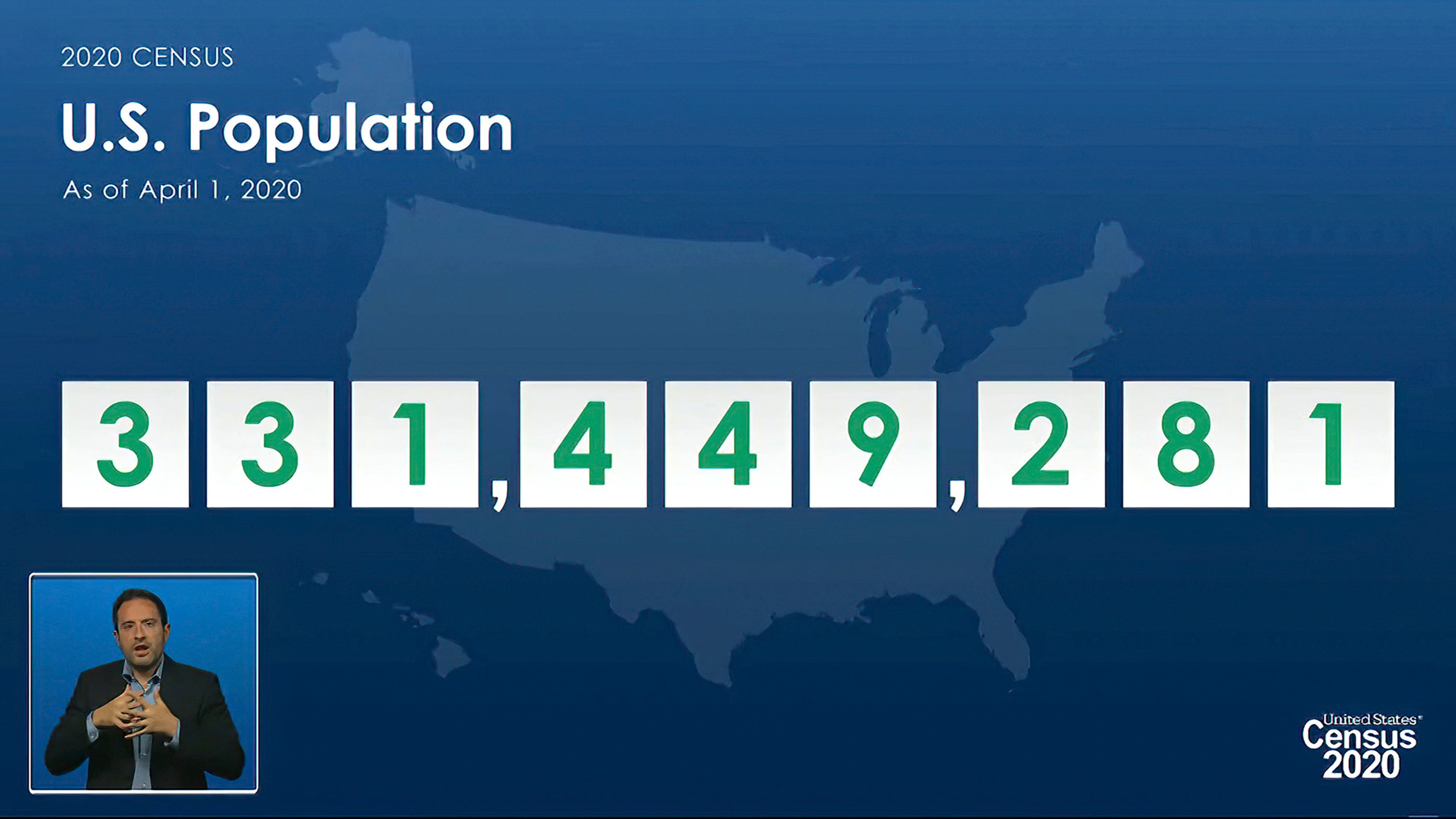US census: New York needed to count just 89 more people to keep congressional seat as national power balance shifts
US population reaches 331,449,281 after second-slowest growth in a decade since aftermath of Great Depression

Shy of counting just 89 more people in the once-a-decade nationwide population survey, New York will lose one seat in the House of Representatives following the results of the 2020 US Census.
Seven seats will shift among 13 states, the smallest number of shifts in any decade, according to officials with the US Census Bureau, which announced the release of the first batch of data from the 2020 count.
States along the nation’s southwest and southeast saw population growth within the last decade. As a result, Texas will gain two seats in the House, and Colorado, Florida, Montana, North Carolina and Oregon will each gain one.
California, Illinois, Michigan, New York, Ohio, Pennsylvania and West Virginia will each lose a seat.
Census figures are used to determine the allocation of the 425 seats in the House – with some gaining and others losing seats – relative to a state’s population. (Each state elects two people to the US Senate.)
The apportionment population includes the residents in each state, plus overseas military and federal civilian employees and their dependents who are allocated to a home state. It does not include Washington DC and Puerto Rico.
Monday’s announcement will kick off a contentious redistricting process that could redraw the balance of power in Congress.
As of the 1 April, 2020 snapshot, the nation’s population has reached 331,449,281 – a 7.4 per cent increase from the 2010 census.
It’s also the second-slowest population growth in US history, slightly above the growth between 1930 and 1940 in the decade following the Great Depression.
The nation has experienced a population growth of more than 234 million people within the last 100 years, yet congressional representation has remained the same.
The average population size of each House district will be more than 761,000, roughly 50,000 more than 2010.
Within the last decade, the US south saw a 10.2 per cent population increase, based on the 2020 data.
Utah experienced the most growth of any state, with a population that grew by 18.4 per cent from 2010 to 2010.
Data used for redistricting, or the redrawing of legislative boundaries for each member of Congress, will be shared with states by 16 August.
The agency will also release information about populations relative to race, ethnicity, age and sex, as well as population details for counties, cities and towns – information that is critical to the redrawing of congressional districts and the distribution of federal funding for education, healthcare and other services.
The first census of this century followed a nationwide mail-in campaign, with door-to-door and online surveys, that began in March.
Results were due by the end of 2020, as required by law, but the agency warned for months that delays were inevitable amid the pandemic, as advocates and officials amplified concerns over the quality of data collected during Donald Trump’s administration as the former president sought to challenge the process.
The once-a-decade process became even made even more challenging during a period of politically motivated chaos and a public health crisis.
Counting ended two weeks earlier than initially planned following a US Supreme Court ruling upholding the Trump administration’s order to move up the date in an effort to exclude undocumented people from the count – among historically undercounted populations, including minority and immigrant communities as well as low-income residents and renters.
Mr Trump also attempted to add a citizenship question to the census, which critics also argued would deter non-citizens from responding to the survey.
Join our commenting forum
Join thought-provoking conversations, follow other Independent readers and see their replies
Comments
Bookmark popover
Removed from bookmarks